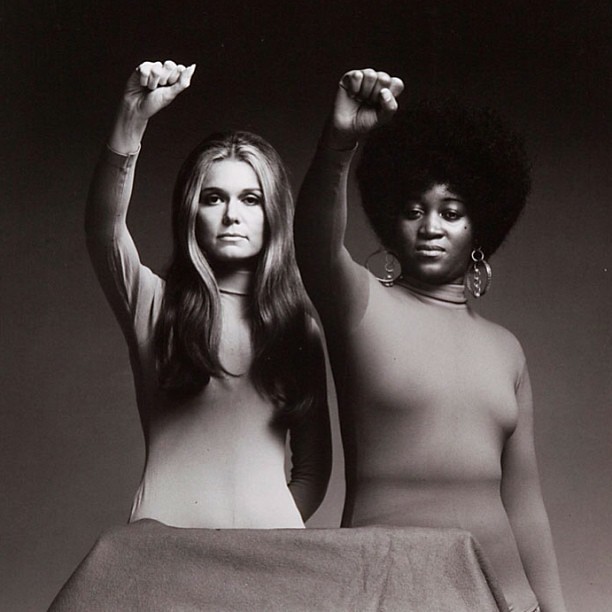We Live as Long as We Are Remembered: Gloria Steinem Remembers Dorothy Pitman Hughes

I’m grateful that The New York Times of December 16, 2022, took notice of the life, work, and death of Dorothy Pitman Hughes. It is a measure of the progress she helped to create that she is understood to be a pioneer of civil rights, early childhood education, battered women’s shelters, and the women’s liberation movement she helped to create and spread nationally.
Yet each of us who worked with her and loved her has knowledge to share, if all of us are to have a picture of who she was and the power of one person to influence history.
I first met Dorothy at the end of the 1960s when I was writing The City Politic, a weekly column in New York magazine, the first of the city magazines. I lived near her West 80th Street Day Care Center, an important early example of the urban child care that so many working parents needed. Dorothy brought an extraordinary level of understanding, attention, and love to her work with the children in her care. For instance, I watched her slowly persuading to speak a little boy who was well-loved and cared for at home, but whose family had so little time to listen to him that he had become a silent member of the household.
Dorothy stood the little boy in front of a mirror that allowed him to see all of himself, and began to praise him. “Look at that hand — that is a unique hand in all the world. Look at those shoulders and how strong and beautiful they are ...”
As she praised each part of his small body, his face began to brighten. He began to say each word, and finally, “This is me!” From that moment on, he didn’t just observe, he began to take part in the activities around him. He had become real to himself.
I tell you this because it was my first experience of Dorothy’s natural wisdom.
Also on a later visit, to the center, we were both talking to a young man from a traditional Italian American family, part of the community version of the Peace Corps that Robert Kennedy had inspired. He was mourning to us because his fiancée had broken their engagement. Why? Because he had said he wouldn’t allow his wife to work outside the home. In unspoken agreement during our discussion with him, Dorothy and I tried to add gender to his already revolutionary understanding of the artificiality of race and class — and it worked! He began to see that he and the young woman he loved could and should share the same freedoms.
It was this small success that gave us the courage to begin to lead discussions about the women’s movement with families in the child care center, and then also in the basements of neighborhood churches. When a small lecture agency asked us to spread these discussions outside the city, we sometimes traveled, even taking Dorothy’s new baby with us. I held the baby while Dorothy spoke, then vice versa, and I’m sure there were audience members who thought we had somehow had this baby together.
This bonded us as friends. Even after Dorothy pioneered local ownership in the city by starting a stationery store in Harlem, and so there was too little time for traveling, we remained friends, just as we did after she and her family moved to the warmer weather of Florida in 2002.
There is family born and family chosen. The latter is sometimes at least as important as the former. Dorothy and I were both grateful that the great photographer, Dan Wynn, did us the long ago favor of taking our speaking photo for free.
Yet none of us could have imagined that this portrait would now be hanging in the Smithsonian National Museum of African American History and Culture that was later built on the Mall in Washington D.C.
I’m so glad that Dorothy and I both lived to see this permanent reminder that love and friendship can unite us across the miles and boundaries on Spaceship Earth.
Indeed, it’s the only thing that ever has.
More articles by Category: Feminism
More articles by Tag: Women's leadership



























